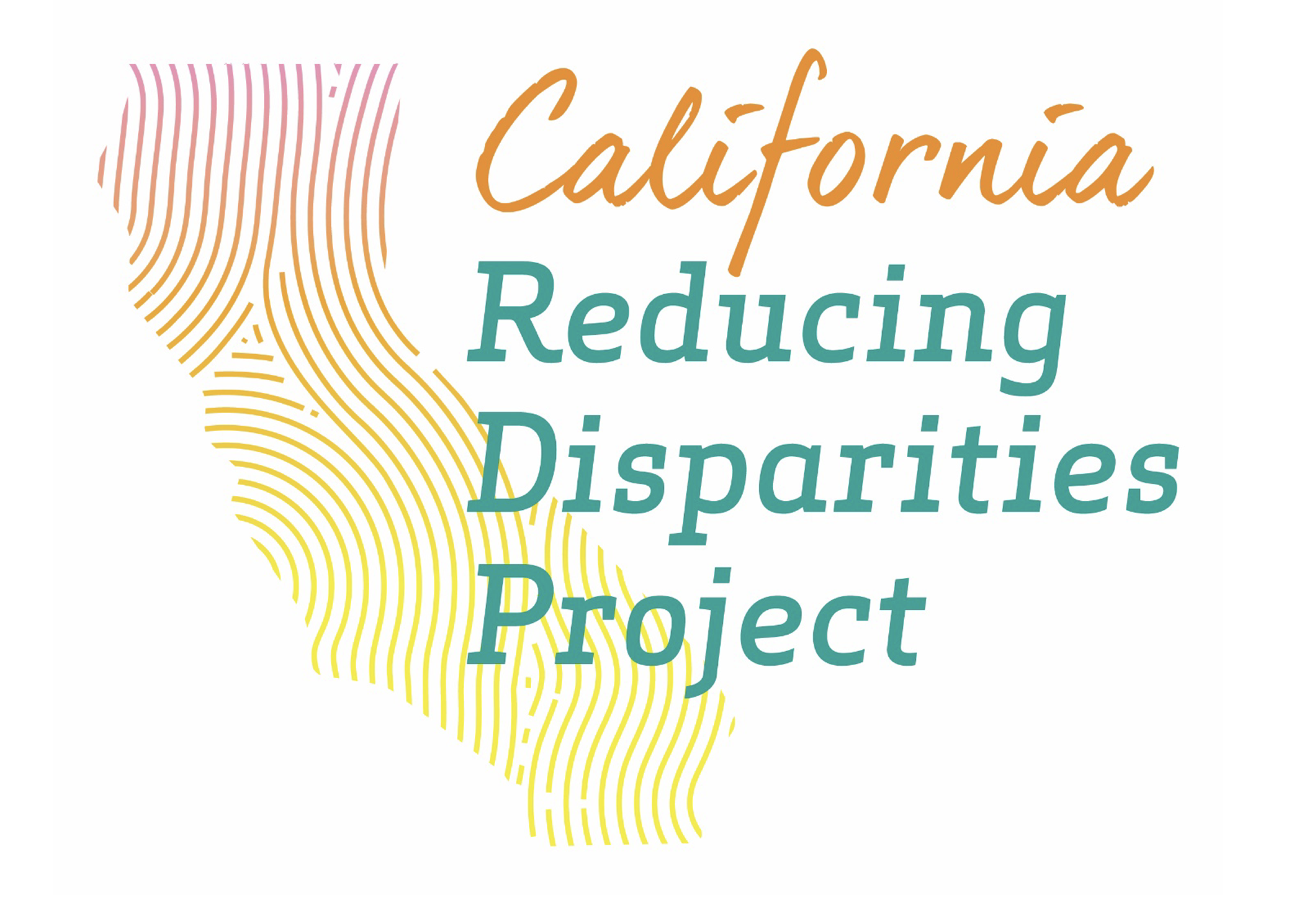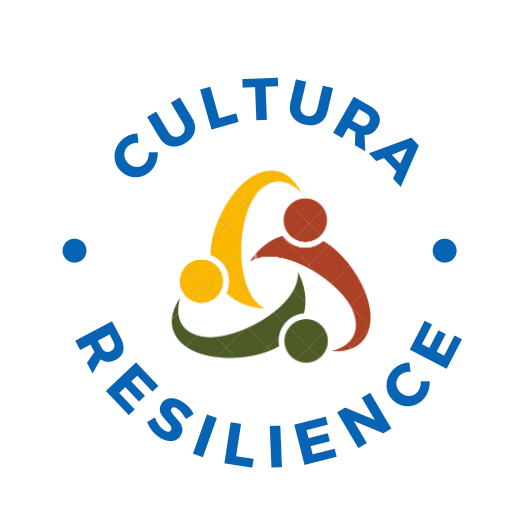CRDP
California Reducing Disparities Project
In response to former U.S. Surgeon General David Satcher’s call for national action to reduce mental health disparities, the former Department of Mental Health (DMH), with support from the Mental Health Services Oversight and Accountability Commission (MHSOAC), the California Mental Health Directors Association (CMHDA) and the California Mental Health Planning Council (CMHPC), created a statewide policy initiative to identify solutions for historically unserved, underserved, and inappropriately served communities. Under the Office of Health Equity, this statewide Prevention and Early Intervention effort, the California Reducing Disparities Project (CRDP), focuses on five populations:
- African Americans
- Asians and Pacific Islanders (API)
- Latinos
- Lesbian, Gay, Bisexual, Transgender, Queer, and Questioning (LGBTQ)
- Native Americans

Background Research & Strategic Planning
Phase I
First, CRDP worked on developing population-specific knowledge about challenges in mental health and access to care, and potential community-defined solutions. Reports on each of the five identified populations were published, which detailed the unique challeges each faced in accessing mental health services and the plan to address the disparities in care.
Community-Defined Solutions for Latino Mental Health Care Disparities
Implementation & Evaluation
Phase II
Second, findings from Phase I were channeled into the development of community-based interventions to meet the mental health needs of all 5 target populations. Culturally and linguistically appropriate programs and approaches were taken, called Community Defined Evidence Practices (CDEP’s).
For the Latino community, 7 grantee organizations known as Implementation Pilot Projects (IPP’s) were contracted with a local evaluator and housed under a Technical Assistance Provider (TAP). The UC Davis Center for Reducing Health Disparities was contracted as the Latino Hub TAP.
Below are the 7 Latino IPP’s:
